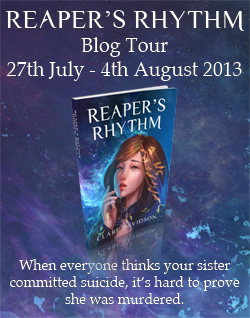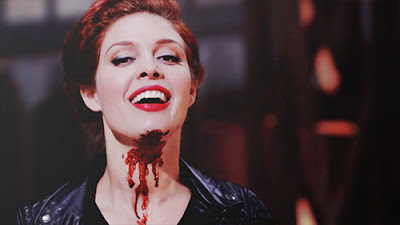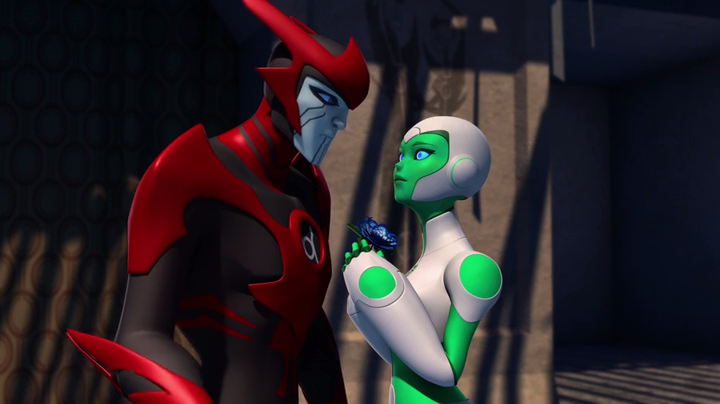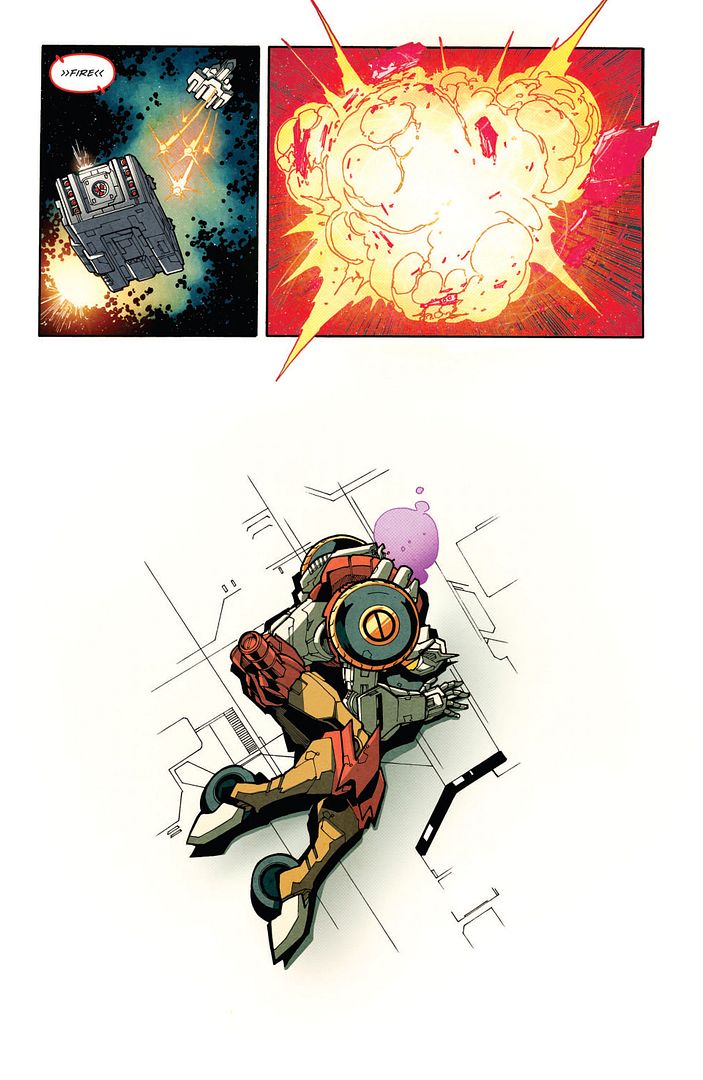
Castiel (Supernatural) (Photo credit: Wikipedia)
Before I get started, I want to warn those who might not have watched Supernatural, this post is basically one big long spoiler.
As a writer I find Castiel‘s character fascinating and exceedingly complicated. I know some people disagree, I have only to scroll through the 100s of tweets I got earlier this month for confirmation of this. They feel he has no place in the narrative and should be removed as a character.
What they are refusing to see is actually taking away a huge chunk of the narrative. It would be like reading The Hunger Games and ignoring Peeta, or watching Iron Man and ignoring Pepper, or playing Devil May Cry and ignoring Virgil. His character is integral to the plot and has been since 4:1.
The wiki has a nice explanation of what a protagonist is, but I would like to expound on it a little bit more.
So first who is the protagonist?
Well it could be one person or several people depending on the story and plot. Supernatural started with two main characters; Sam and Dean. Sam was the clear protagonist because he was the one with the most to lose, his girlfriend, budding career, et cetera. Dean was a catalyst, almost a foil for Sam to react against. Dean was already set in his way. The pilot episode showed Sam as the clear protagonist by taking away all he held dear and forcing him into a life he did not want. The audience was meant to sympathize and identify with him where Dean was more the mentor role. He was Gandalf to Sam’s Frodo, the one who showed up and once again altered his world.
Sam was the more emotionally accessible of the two which also helped the audience to relate. During the second season their roles became more interchangeable, they each took turns being the protagonist and this helped to develop their characters.
By season three there wasn’t as much characterization happening because the two main characters were no longer the protagonists. They no longer fit the definition. This left the writers scrambling to come up with season arc that would still have some sort of meaning. The stakes had to be raised and one of the brothers had to be reinstated as the protagonist. The opening of the Hell Gate put the world in danger but neither of the brothers had anything to lose at this point, Dean had already sold his soul. Sam was resurrected, John was dead and Bobby was doing what he’d done for years. Dean and Sam were main characters but not the protagonists at this point. By this point the episodic guests have more to lose than either of the main characters and are more emotionally accessible.
Its not until the last few episodes of season 3 that Dean emerges as the protagonist. His time is running out and they are beginning to realize that there is nothing they can do to stop him from being taken to Hell as Ruby warned them. He has the most to lose at this point with Sam working to prevent it.
Season three ends with Dean in Hell and Sam allied with Ruby.
Seems like the end of the story at this point and it very nearly was, until someone came up with the idea to introduce a brand new set of characters. Thus, a whole new dynamic was set up.
Season four opened with a huge shocker. After months of being dead and suffering in hell Dean is resurrected in the most bizarre way. At least bizarre to him and his brother. They and Bobby are at a complete loss as to how Dean is now alive. After a horrible seance where a dear friend is maimed for life trying to get the information all they have is a name. Castiel.
Now things start to get interesting. We still have no clear protagonist except maybe Dean who has his newly restored life/body, or it could be Sam who has his brother back but has been sleeping with Ruby. Sam has the potential to not just lose his brother, but lose his brother’s respect. This still doesn’t make either of them the clear protagonist. Remember the protagonist is the one with the most to lose in the given scenario, the one the audience is expected to connect with emotionally. They are the one who must go through the most change for the sake of the plot. Yet Dean and Sam have changed already. Dean is alive, albeit changed from his time in hell. Sam managed to find a way to continue hunting without Dean, though it involves demon blood. So where is the plot arc and the protagonist for this storyline?
I’m getting to that, keep your panties on, or take them off, I don’t care.
Season four episode one and we are introduced to Castiel. An honest to goodness angel. Of the lord. This is when Dean’s emotional arc is revealed. He lacks faith and doesn’t feel he deserved to be saved due to what he did while in hell. This can be seen as him being tapped as the protagonist, but he has a more reactionary than proactive role. Sam on the other hand is desperate to hide his addiction, this also makes him reactionary instead of proactive. The only proactive person is the angel and we quickly learn that he’s not any ordinary hammer of god. This angel has doubts. He is certain about his role in Dean’s life, but uncertain about the larger picture. For the rest of the season, he will be the protagonist as he has the most to lose.
Castiel remains the protagonist through the end of the season. He has the most to lose, his family, his position in heaven, even his status as an angel and his very life are risked to save Dean and Sam. Unfortunately, we only see him through Dean and Sam’s eyes so a lot of his character development and narrative must be inferred from their interactions. Sam and Dean for their parts are pawns of both Heaven and Hell. Sam is used by Ruby to open Lucifer‘s cage which is where we end Season 4.
Season 5 opens with Sam and Dean mysteriously saved from meeting Lucifer face to face. Sam decides he wants nothing more to do with the hunting life and leaves Dean to continue on his own. Dean and Castiel will now be the two main protagonists. They are proactive trying to find a way to stop Lucifer and the Apocalypse. Sam does eventually rejoin Dean while Castiel leaves to try and find God. This is when the roles switch to some extent. Sam and Dean are finally back to being proactive protagonists. Cas is still a protagonist of his own story arc which is subordinate to and mirrors Sam and Dean’s overall arc.
In the next few seasons his character did create a catch-22 for the writers since he was so powerful and the only way to go was down, so they had to keep coming up with ways to strip him of his powers.
Next time I will discuss seasons 6-8 and how the roles of the various characters changed.










 This panel still makes me tear up. These two had a very long history together, had been by each other’s sides when they faced death, fought together, with each other and generally behaved like any other loving married couple. The writer, James Roberts, skillfully wove their relationship into the narrative while developing their personalities and backstory.
This panel still makes me tear up. These two had a very long history together, had been by each other’s sides when they faced death, fought together, with each other and generally behaved like any other loving married couple. The writer, James Roberts, skillfully wove their relationship into the narrative while developing their personalities and backstory.





